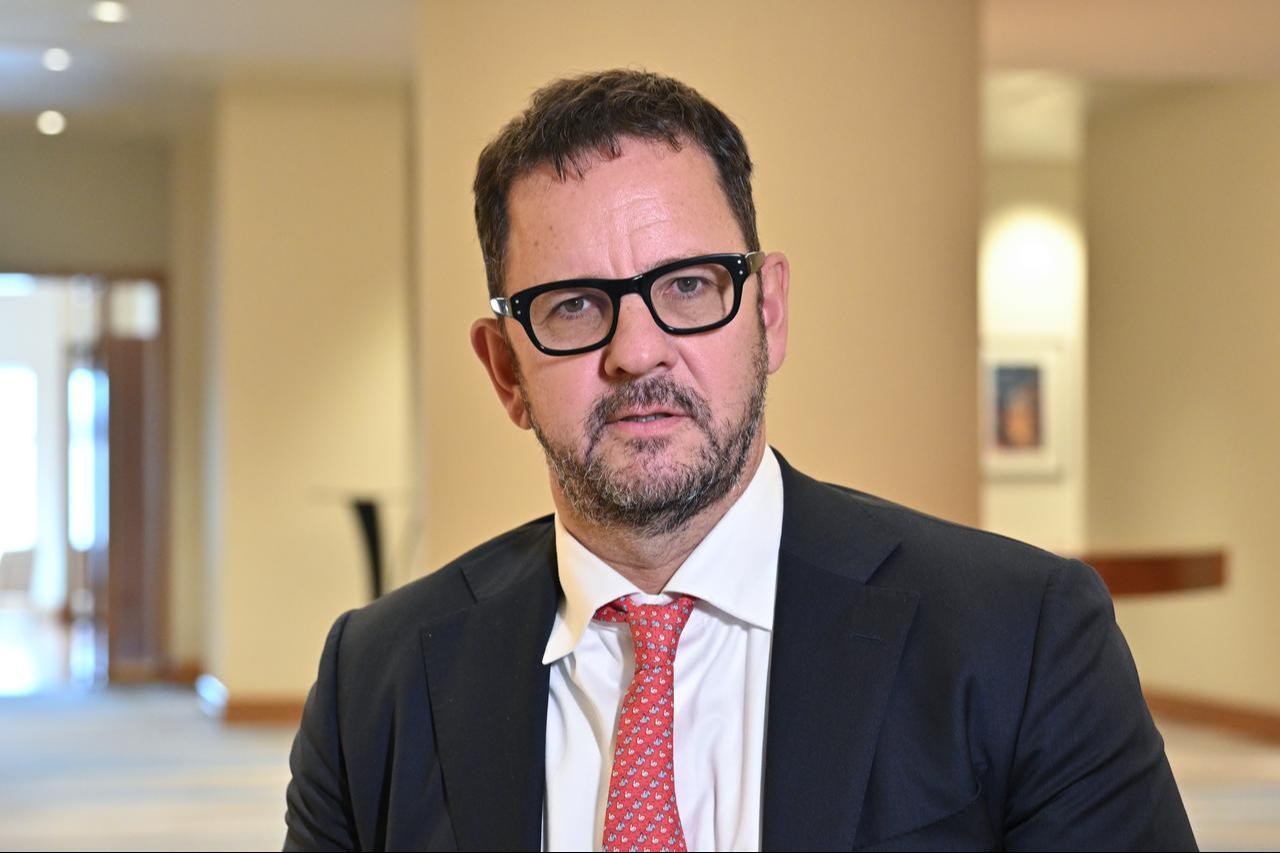
Frank Gill, senior director at U.S.-based S&P Global Ratings, one of the big three rating agencies, said the agency expects Türkiye’s end-2025 inflation at around 28% and an average of about 20% in 2026, adding that the disinflation path will be key for the country’s credit rating outlook.
The estimate aligns with the government’s official 2025 target of 28.5% and comes in better than the Turkish central bank’s projected range of 31%–33%. Speaking to state-run Anadolu Agency, Gill said risks tied to core inflation and food prices remain manageable yet persistent, posing potential challenges for sustaining the disinflation path.
"Core inflation pressures have eased, but they have not disappeared," Gill stated, and cautioned that food inflation remains sensitive to supply conditions.
Gill stated that Türkiye’s long-term sovereign credit rating remains "BB-" with a stable outlook, describing the current level as reasonable given balanced risks and supportive fiscal outcomes. He said S&P has not yet published its 2026 calendar but indicated that the next rating reassessment could take place in spring 2026, when more information on 2025 fiscal results and reserve developments will be available.
"We will have a clearer picture once next year’s data comes in," he said.
Gill said lowering inflation to single-digit levels will be central to Türkiye’s long-term effort to regain investment-grade status. Encouraging households and companies to keep savings in lira would help deepen domestic capital markets and strengthen economic stability.
He added that high inflation distorts economic decision-making and discourages long-term investment, while recent capital inflows have mostly been short-term portfolio flows. Net foreign direct investment remains around 0.4% of gross domestic product (GDP), which he described as low for an economy of Türkiye’s scale and geopolitical position. "Sustained disinflation is essential to improve the quality of capital inflows," he said.

According to Gill, Türkiye has completed the first phase of disinflation by reducing inflation from above 70% to the 30% range, but the pace of improvement is now slowing. He said the next stage would be more challenging and would require close coordination between monetary, fiscal, and structural policies. "The second phase of disinflation will not be as straightforward," Gill argued.
Gill said Treasury and Finance Minister Mehmet Simsek appears committed to limiting non-earthquake spending and highlighted the strong performance of value-added tax collection, which has supported budget revenues. He added that fiscal tightening may need to be strengthened next year to help further reduce inflation. He also highlighted improvements in Türkiye’s external indicators, noting a substantial rise in net international reserves and a narrowing of the current account deficit to around 1% of GDP. He said S&P expects the deficit to remain modest, keeping external financing needs contained.
However, he pointed to uncertainties regarding household behavior, including the potential return to dollar deposits and the trajectory of domestic demand. "Household preferences are still a major variable," he said.
Gill said questions remain regarding whether authorities will scale back certain banking regulations, such as monthly credit-growth caps and limits tied to the share of foreign-currency deposits. These measures, he noted, complicate bank balance-sheet management and squeeze profitability.
He added that easing these controls gradually may be considered, but the transmission of interest-rate policy will remain limited without addressing liquidity conditions and dollarization dynamics. "Interest rates alone cannot do all the work," he said, emphasizing the need for complementary measures.